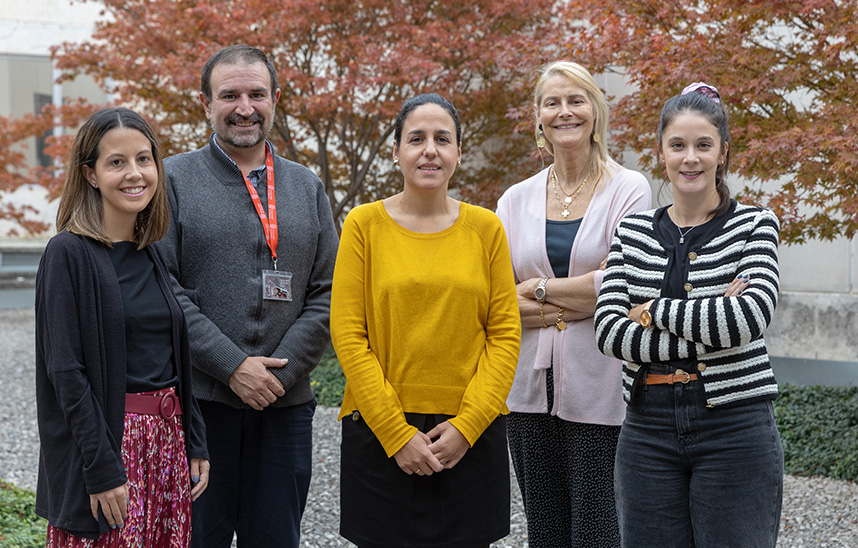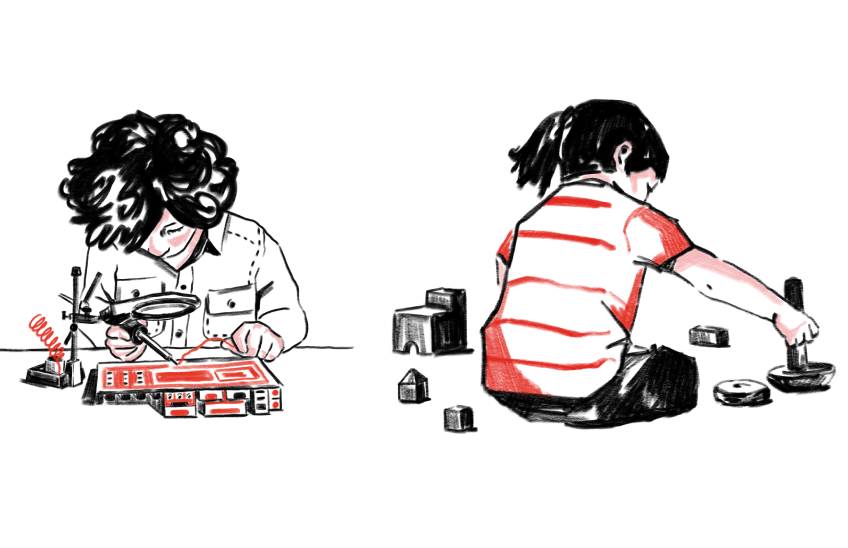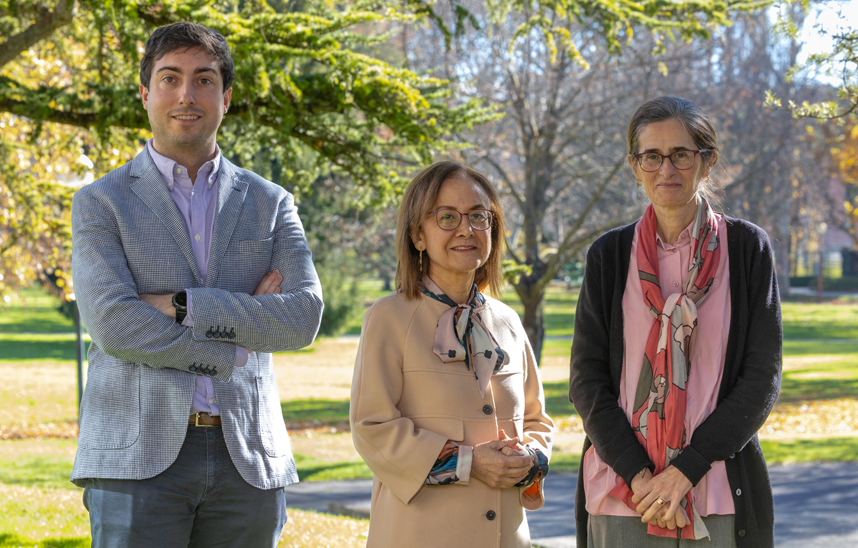Researchers evaluate a model educational for student body with autism spectrum disorders, intellectual disabilities and multiple disabilities.
A project of the University analyzes the pedagogical strategies of the model de Apoyo Integral al student body (MAIA), in the Center of Education Special Isterria.

A research of the University of Navarra has evaluated the quality of a model educational designed to provide individualized and comprehensive care to student body with autism spectrum disorder, intellectual disabilities and multiple disabilities. Specifically, the professionals have studied the pedagogical strategies contemplated in the model de Apoyo Integral al student body (MAIA) at the Isterria Special Education Center of the Caja Navarra Foundation. This research is part of a transfer agreement between the School of Education and Psychology of the University of Navarra and the C.E.E. Isterria.
For this purpose, standardized instruments aimed at the assessment of educational programs have been used which, although they have been developed in other contexts, could be useful for the assessment of educational quality in the Spanish context. "These tools analyze, through observation, elements related to learning environments such as the structure of classroom, the participation of families in the development of educational plans, the planning of the transition to adult life, among others," notes Araceli Arellano, a researcher at the University of Navarra.
This study also evaluated the satisfaction of families and professionals at educational with the model MAIA. These variables, according to the study, determine the quality of educational services, which impacts on the learning experiences of student body.
During research , 17 classrooms and 10 specialist sessions were observed, such as speech therapy, physiotherapy or multisensory stimulation. In addition, interviews were conducted with 17 tutors, 14 family members, 3 specialists and one member of the administrative staff . Likewise, documents such as behavioral records or development staff plans were analyzed from student body, among others, and data was collected on the satisfaction of 34 professionals and 54 family members of the center.
Strengths and challenges of the MAIA program
Degree The results obtained show a high level of satisfaction with development of the MAIA program and, among its strengths, a positive learning climate, fluid communication between the center and the families or an explicit teaching of social skills stand out. Likewise, the study points out some challenges such as the planning of the transition to adult life or the permanent training of the professionals.
"Thanks to the partnership and willingness of C.E.E Isterria, we have taken a first step towards having an evidence-based tool that will allow us to evaluate the quality of the services offered in educational centers. The next objectives will be to study how to culturally adapt and validate APERS (Autism Program Environment Rating Scale), a tool used for this subject of programs of study, but not validated for the Spanish context", emphasizes Arellano.
The research team is made up of University of Navarra researchers Araceli Arellano, Martín Martínez, Olga Lizasoain and Carmen Gándara, who is also a professional at the Huarte de San Juan Center along with Estela López-Nicolás.
The results of this project of research can be found here.


